Avalyn Pharma Reports Statistically Significant Dose Response with Aerosolized Pirfenidone in an Idiopathic Pulmonary Fibrosis Trial
SEATTLE–(BUSINESS WIRE)–Avalyn Pharma Inc., a biopharmaceutical company focused on development of improved therapies for life threatening pulmonary diseases, presented at the ISAM conference in Boise, Idaho today, the results of the 24 week data of a Phase I/II clinical study of two dose regimens of AP01 (a formulation of pirfenidone optimized for delivery via inhalation) in patients with idiopathic pulmonary fibrosis (IPF). Ninety-one patients with IPF were randomized to 50 mg once daily (n=46) or 100 mg twice daily (n=45), administered by an investigational eFlow® nebulizer (PARI Pharma GmbH). During the first 24 weeks, the high dose group had, on average, no loss of lung function as measured by forced vital capacity (FVC). The low dose group had a progressive loss of lung function. The differences in FVC between the two groups was statistically significant (p=0.049). AP01 was safe and well tolerated at both doses. Flu-like symptoms and GI adverse events most commonly attributed to oral pirfenidone were seen in less than 10% of patients treated with AP01. Adverse events with a frequency of greater that 10% were rash 18%, upper respiratory tract infection 18%, cough 24%. Most subjects have opted to continue in the 12 month extension. Longer term efficacy and safety data will be presented at an upcoming scientific meeting.
“We are pleased by the efficacy and safety profile we have seen to date with aerosolized pirfenidone in 91 patients over 24 weeks. The six month FVC data is very promising as well as the overall safety profile to date,” said Dr. A. Bruce Montgomery, CEO of Avalyn Pharma. “Despite the 2014 approval of two oral antifibrotic therapies, IPF and other fibrotic lung diseases remain fatal disorders with substantial unmet need. We hope to confirm improved tolerability and long term efficacy with aerosolized pirfenidone in future Phase 3 trials.”
Clinical Need
IPF and other fibrotic lung diseases are characterized by progressive scarring, reduced exercise capacity and ultimate death from respiratory failure and/or co-morbidities. IPF treatments are relatively new, with the first and only approvals coming in 2014: oral pirfenidone (Esbriet®) and oral nintedanib (Ofev®). Both medicines, while effective in slowing disease progression are associated with significant adverse effects that limit dosing and their full potential for efficacy. While these medicines are an important first step to treat IPF, a substantial unmet need remains for therapies with improved safety profiles and superior efficacy as either stand-alone or add-on combination therapies in both IPF and other fibrotic lung diseases.
The Inhaled Advantage
Although oral pirfenidone has shown to slow IPF disease progression, it is a low potency drug requiring a large oral dose to achieve efficacious lung levels. Unfortunately, oral delivery results in blood levels which cause substantial adverse effects and provides limited lung dose levels. In this Phase I/II 24 week study of AP01, we have demonstrated the potential of aerosolized pirfenidone to improve both efficacy and safety.
About Avalyn Pharma
More information can be found at www.Avalynpharma.com.


